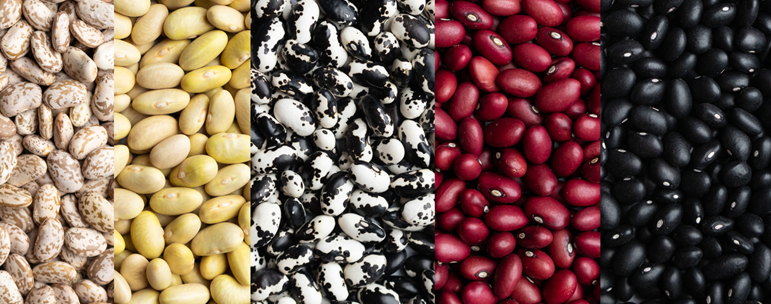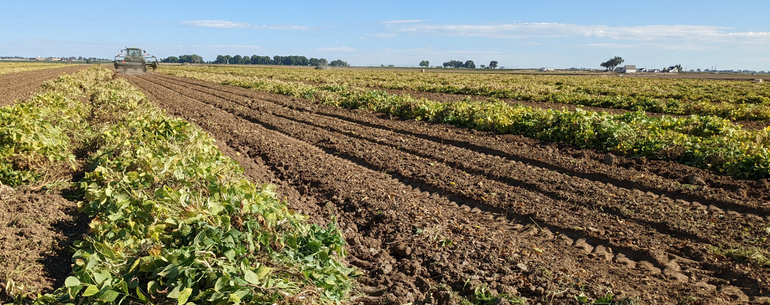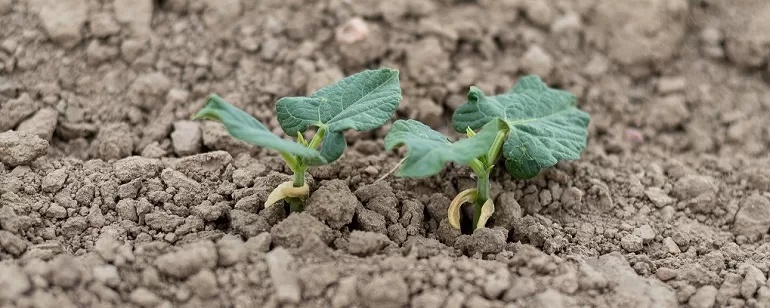Unveiling the Nutritional Superpowers of Beans and Chickpeas: A Comprehensive Analysis
May 15, 2024

In the realm of nutrition, beans and chickpeas have long been revered for their versatility and taste. But recent research sheds light on a deeper understanding of their nutritional prowess, showcasing a myriad of benefits that extend far beyond mere satisfaction of the palate. A study published in the Nutrition Journal has unearthed compelling evidence that underscores the profound impact of beans and chickpeas on our health and well-being.
The research, conducted by a team of experts analyzing data from the National Health and Examination Survey spanning nearly two decades, illuminates the significant associations between bean and chickpea consumption and a host of health markers. Notably, individuals who incorporate these legumes into their daily diet exhibit superior diet quality scores and increased intake of essential nutrients compared to non-consumers.
One of the standout findings of the study is the correlation between bean and chickpea consumption and improved weight-related outcomes. Participants who consumed 1.7-2.0 servings of beans and/or chickpeas per day demonstrated lower body mass index (BMI), reduced body weight, and diminished waist circumference. These observations not only underscore the potential role of legumes in weight management but also hint at their broader impact on metabolic health.
Moreover, bean and chickpea enthusiasts enjoy heightened intake of shortfall nutrients, including choline, alpha-linolenic acid, folate, iron, magnesium, and vitamin E. These nutrients play pivotal roles in various physiological processes, from cellular function to cognitive health. Additionally, dietary fiber, potassium, and calcium—nutrients of public health concern—are found in abundance in the diets of bean and chickpea consumers. Given the well-documented health implications of inadequate intake of these nutrients, the significance of incorporating legumes into one's diet cannot be overstated.
The research findings resonate with existing literature, affirming the status of pulses—encompassing beans, chickpeas, peas, and lentils—as nutritional powerhouses. Beyond their role in cardiovascular and metabolic health, legumes have been linked to gut health, immune function, and even longevity. The nutrient density of beans and chickpeas is further underscored by their inclusion in the Healthy Eating Index (HEI) diet quality scale, endorsed by the National Cancer Institute (NCI) and the United States Department of Agriculture (USDA).
Industry stakeholders, including Tim McGreevy, CEO of USA Pulses, and Rebecca Bratter, Executive Director of the US Dry Bean Council, have lauded the research findings, emphasizing the need to embrace legumes as integral components of a balanced diet. With the Dietary Guidelines for Americans and USDA's Choose My Plate advocating for the incorporation of beans, chickpeas, peas, and lentils into both the vegetable and protein groups, the nutritional benefits of these humble legumes are gaining recognition on a national scale.
In conclusion, the growing body of evidence extolling the virtues of beans and chickpeas underscores their rightful place in our culinary repertoire. From enhancing nutrient intake to promoting weight management and safeguarding against chronic disease, these legumes offer a wealth of benefits that deserve a prominent role on our plates. As we strive to cultivate healthier eating habits, let us embrace the nutritional superpowers of beans and chickpeas, one wholesome meal at a time.
ABOUT THE AUTHORS:
- Yanni Papanikolaou is affiliated with Nutritional Strategies Inc.
- Tim McGreevy serves as the CEO of USA Pulses.
- Rebecca Bratter holds the position of Executive Director at the US Dry Bean Council.
ABOUT THE COALITION FOR THE ADVANCEMENT OF PULSES
The Coalition for the Advancement of Pulses (CAP), spearheaded by the American Pulse Association (APA) with support from the USA Dry Pea and Lentil Council (USADPLC), the U.S. Dry Bean Council (USDBC), and the Pulse Foundation, is committed to increasing the consumption of pulses in the United States. For more information, visit usapulses.org.
INFORMATION PROVIDED BY The Ginger Network, LLC April 04, 2024, 21:52 GMT
Visit our Amazon store here: High Plains Beans Store



